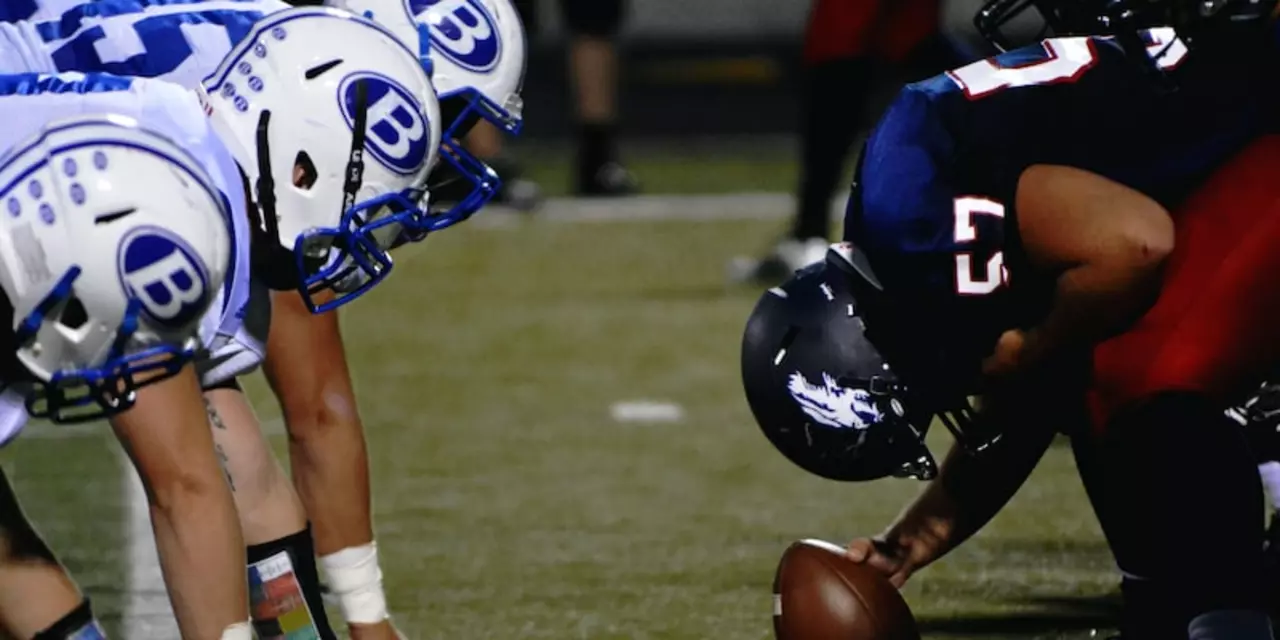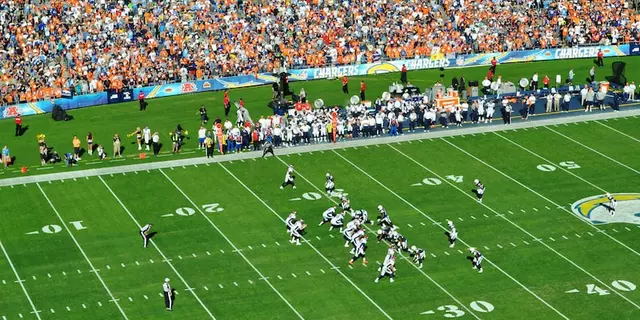Everyone loves a good game of college football. Whether you’re a fan of the winning team or just a casual observer of the sport, college football games provide hours of entertainment. But what if these games weren’t as fair as they appear? Could some college football games be rigged?
This question has been asked by many people over the years, and there are a few different theories that suggest that some college football games may indeed be rigged. Some of these include the idea that referees and coaches collude to influence the outcome of a game, or that certain teams may be favored over others by certain networks or organizations.
The truth is, there is no hard evidence to suggest that any college football games are actually rigged. However, there is plenty of circumstantial evidence that could lead one to believe that certain games may be set up in favor of one team over another. For example, some games may feature unusual betting lines, or one team may be playing at a much higher level than the other.
Ultimately, it’s impossible to know for sure whether or not any college football games are actually rigged. But it’s important to be aware of the potential for this to be the case and to keep an open mind when it comes to the possibility. As always, it’s best to rely on your own judgment and research when it comes to deciding whether or not a college football game is fair and unbiased.
It's a question that has been asked for years: are college football games rigged? With the prevalence of betting on college football games, it's an understandable question that has been asked by many. So, what evidence is there that college football games might be rigged?
First, there is the fact that some college football teams have suspiciously won games when they should have lost. This has been seen in the past with teams like the University of Miami and the University of Oklahoma, both of whom have been accused of rigging games in favor of their teams. Other teams, such as the University of Southern California, have also been accused of rigging games in the past.
Another piece of evidence that suggests college football games are rigged is the fact that some teams have been known to pay players to participate in games. This has been seen in the past with teams such as the Auburn Tigers and the Miami Hurricanes. While this does not necessarily mean that the games are rigged, it does suggest that some teams are willing to pay for a competitive advantage.
Finally, there is the fact that some college football games have been known to be fixed by referees. This has been seen in the past with games such as the Ohio State-Michigan game in 2002. In this case, the referees made suspicious calls throughout the game that benefited Ohio State, which raised suspicions that the game was rigged.
Ultimately, the evidence suggests that college football games are not necessarily rigged. However, it is still possible that some games are fixed to benefit certain teams. It is important to remember that the integrity of the sport is paramount and that any attempts to rig games should be taken seriously.
It's a controversial topic that has been discussed for decades: is college football fixed? Conspiracy theories and rumors have been rampant for years, but the real evidence is harder to find. So, what does the evidence say?
The most common argument is that the NCAA, the governing body of college football, has a vested interest in certain teams winning. This could be for financial gain, marketing, or for the reputation of certain universities. However, there is no real evidence to back this up. The NCAA has strict regulations in place to ensure the integrity of the sport, and there is no indication that they are using their power to manipulate the outcomes of games.
Another argument is that officials are biased in favor of certain teams. Again, this is difficult to prove. Officials are required to be impartial, and while mistakes are made, there is no real evidence that they are intentionally favoring certain teams.
Finally, there are those who argue that the games are fixed by the teams themselves. This would be an incredibly difficult feat to accomplish, and there is no real evidence to suggest that it is happening. It is possible that players or coaches are taking bribes, but again, there is no real proof to back this up.
At the end of the day, it is impossible to know for sure if college football games are fixed. There are rumors and speculation, but no real evidence. The NCAA does its best to ensure the integrity of the sport, and it is up to the individual fan to decide if they believe the games are rigged.
There has been an ongoing debate about whether college football games are rigged or not. While some people believe that the games are fixed, there is no concrete evidence to support this claim. So, what does the evidence say?
First, it is important to note that college football is a highly competitive sport. Every team wants to win and each team puts in a lot of effort to make sure they have the best players and the best strategies to win the game. Therefore, it is unlikely that any team would be willing to throw a game or manipulate the outcome of a game.
Second, college football games are closely monitored by officials. These officials have the power to make calls, penalties, and other decisions that can influence the outcome of a game. These officials are trained to be impartial and unbiased and would be unlikely to rig a game in favor of a certain team.
Finally, college football games are broadcasted to millions of viewers. If a game was rigged, it would be difficult to keep it a secret, as the evidence would be easily seen by all viewers. Therefore, it is highly unlikely that any college football game has ever been rigged.
To summarize, the evidence suggests that college football games are not rigged. While some people may continue to believe that the games are fixed, there is no concrete evidence to back up this claim.






